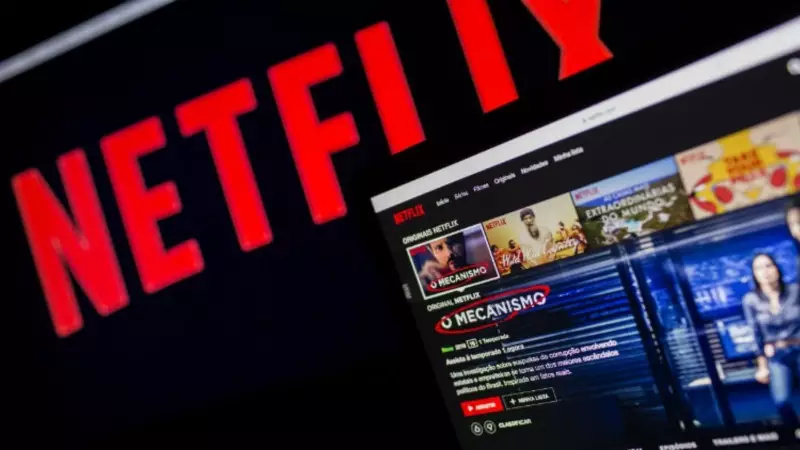
The Indian government is actively considering significant amendments to the Information Technology (IT) Rules 2021 that could dramatically expand the definition of what constitutes 'obscene' content on digital platforms. According to sources, the proposed changes would empower authorities to take action against content containing defamatory allegations, half-truths, anti-national attitudes, and criticism of various segments of India's social, public, and moral life.
Expanded Definition of Obscene Content
The proposed amendments specifically target Part III of the IT Rules, which governs over-the-top (OTT) video platforms such as Netflix, Prime Video, and Disney+ Hotstar, along with digital news publications. The Ministry of Information and Broadcasting (MIB), which administers this section of the rules, is contemplating introducing a new definition for 'obscene digital content' and establishing a fresh code of ethics specifically addressing such material.
Under the potential new code of ethics, digital content would be prohibited from numerous activities including:
- Offending against good taste or decency
- Containing deliberate falsehoods and suggestive innuendos
- Promoting anti-national attitudes
- Criticizing, maligning, or slandering individuals or specific groups
- Deriding any race, caste, colour, creed, or nationality
- Containing attacks on religions or communities
- Denigrating women, children, and persons with disabilities
Legal Context and Recent Developments
This regulatory push follows the Ranveer Allahbadia and 'India's Got Latent' controversy earlier this year, where the Supreme Court granted Allahbadia protection from arrest while simultaneously questioning the Centre about its plans to regulate obscene content online. The court's intervention appears to have accelerated the government's efforts to create a more comprehensive legal framework for digital content regulation.
In its communication to a parliamentary panel earlier this year, the MIB expressed growing societal concern that constitutional freedom of expression is being misused to showcase obscene and violent content on digital platforms. The ministry acknowledged to the Standing Committee on Communications and IT, chaired by BJP MP Nishikant Dubey, that while existing laws contain certain provisions, there's increasing demand for a stricter and more effective legal framework to regulate harmful content.
Current Legal Challenges and Implementation
The proposed amendments come amid ongoing legal challenges to the existing IT Rules. More than 15 petitions have been filed against these rules, leading to significant judicial intervention. The Bombay High Court and Madras High Court have stayed the rule requiring the creation of a three-level grievance redressal mechanism, while the Kerala High Court has restrained coercive action over non-compliance with Part III of the IT Rules.
The Centre had previously approached the Supreme Court seeking to transfer all challenges to avoid divergent judicial views. The top court subsequently transferred these petitions to the Delhi High Court, where hearings are currently ongoing. This legal backdrop complicates the implementation of any new amendments to the rules.
The Ministry of Information and Broadcasting did not respond to immediate requests for comment regarding the proposed changes. However, the ministry had previously stated that it has taken note of these developments and is examining current statutory provisions alongside the potential need for a new legal framework to address the evolving challenges of digital content regulation.




